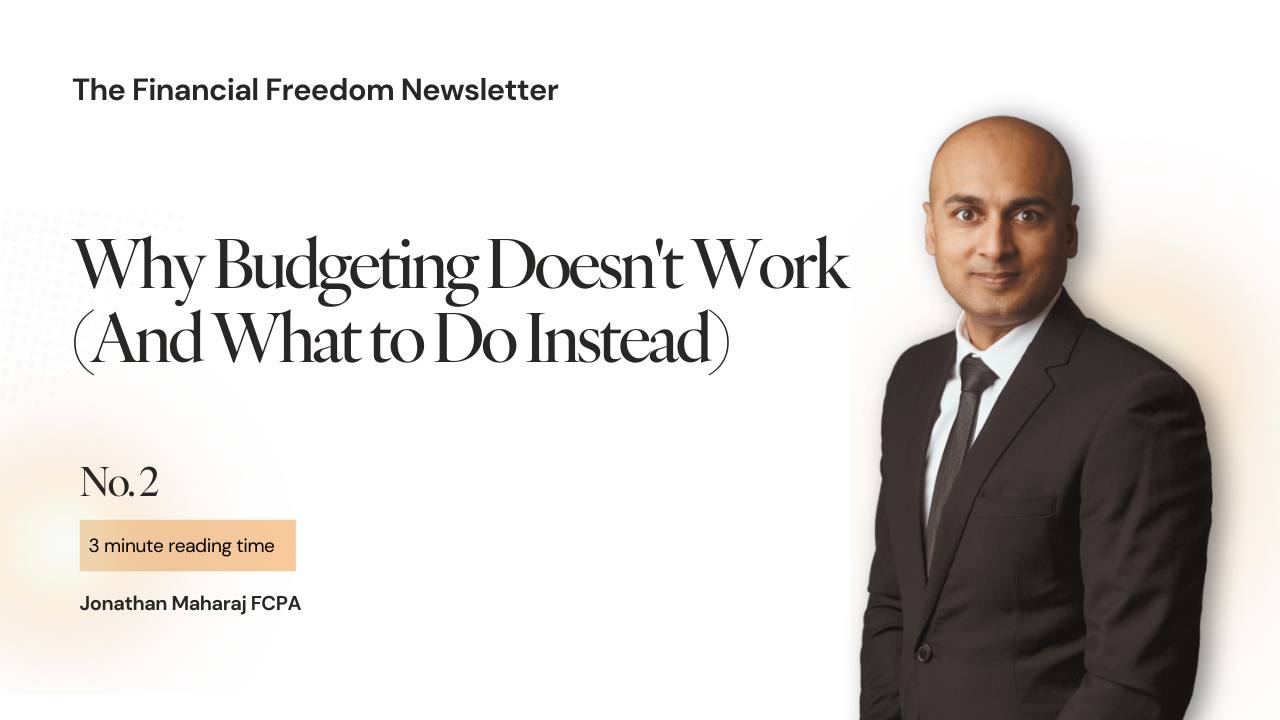4. The Psychology of Money: How Your Mindset Shapes Your Wealth
The Hidden Influence of Money Mindset
Have you ever wondered why some people seem to navigate financial decisions with ease, while others struggle despite similar incomes?
The answer often lies not in the numbers but in the psychology of money.
Our attitudes, beliefs, and emotions about money (collectively known as our money mindset) play a pivotal role in shaping our financial behaviours and, ultimately, our wealth.
A Tale of Two Mindsets
Consider two individuals: Alex* and Jordan*, both earning $85,000 annually.
-
Alex views money as a tool for security. They prioritize saving, invest cautiously, and maintain a budget to track expenses.
-
Jordan sees money as a means to enjoy life. They spend freely on experiences and luxury items, often without considering long-term financial implications.
After a decade, Alex has built a substantial investment portfolio and feels financially secure. Jordan, despite a similar income, faces mounting debt and financial stress.
*Names have been changed for privacy.
How Money Mindset Influences Financial Behaviour
-
Perception of Wealth and Meaning in Life
Research indicates that thoughts about money can significantly affect our sense of life's meaning. A study from the University of Illinois found that individuals with higher socioeconomic status experienced a greater sense of meaning in life when thinking about money, while those with lower status felt diminished meaning. This suggests that our financial standing and mindset can influence how we perceive purpose and fulfillment in life.
-
Emotional Responses to Wealth
Our feelings toward money can shape our financial decisions. For instance, individuals who associate money with security are more likely to save and invest, while those who link money to power may engage in riskier financial behaviors. A comprehensive review highlighted that money attitudes are deeply intertwined with personality traits and can significantly impact financial satisfaction and well-being.
-
Behavioral Biases and Financial Decisions
Behavioral finance studies reveal that cognitive biases, such as overconfidence and herd mentality, can lead to suboptimal investment choices. Recognizing these biases is crucial for making informed financial decisions.
Shifting Your Money Mindset for Better Wealth Outcomes
-
Cultivate Financial Self-Efficacy
Believing in your ability to manage finances effectively is foundational. Enhancing financial literacy and setting achievable financial goals can boost this confidence, leading to more proactive wealth-building behaviors.
-
Embrace Positive Financial Behaviors
Aligning financial decisions with positive emotions, such as contentment and gratitude, can promote better money management. A study published in Personality and Individual Differences suggests that positive emotions can enhance financial decision-making and lead to greater wealth accumulation.
-
Recognize and Mitigate Biases
Being aware of inherent biases, like loss aversion or overconfidence, allows for more rational financial choices. For example, understanding that a fear of losses can prevent investment in growth opportunities can help in balancing risk and reward effectively.
Actionable Steps to Transform Your Money Mindset
-
Educate Yourself: Invest time in learning about personal finance through books, courses, or workshops.
-
Reflect on Financial Beliefs: Identify and challenge any negative beliefs about money that may hinder your financial growth.
-
Set Clear Financial Goals: Define what financial success means to you and create a roadmap to achieve it.
-
Seek Professional Guidance: Consulting with a financial expert can provide personalized strategies and accountability.
Your mindset about money profoundly influences your financial reality. By understanding and adjusting your psychological relationship with money, you can pave the way toward greater financial well-being and security.
References
-
University of Illinois Gies College of Business. (2023). Research finds thinking about money affects feelings of meaning in life. Retrieved from https://giesbusiness.illinois.edu/news/2023/04/07/research-finds-thinking-about-money-affects-feelings-of-meaning-in-life
-
Sesini, G., & Lozza, E. (2023). Understanding individual attitude to money: A systematic scoping review and research agenda. Collabra: Psychology, 9(1). Retrieved from https://online.ucpress.edu/collabra/article/9/1/77305/196372/Understanding-Individual-Attitude-to-Money-A
-
Travers, M. (2022). Psychological research says wealth is created by chasing positive emotions, not money alone. Retrieved from https://www.forbes.com/sites/traversmark/2022/10/02/psychological-research-says-wealth-is-created-by-chasing-positive-emotions-not-money-alone/
-
The Times. (2023). Strange behavioural biases that will skew your investments. Retrieved from https://www.thetimes.co.uk/article/strange-behavioural-biases-that-will-skew-your-investments-nv2lngzvj



